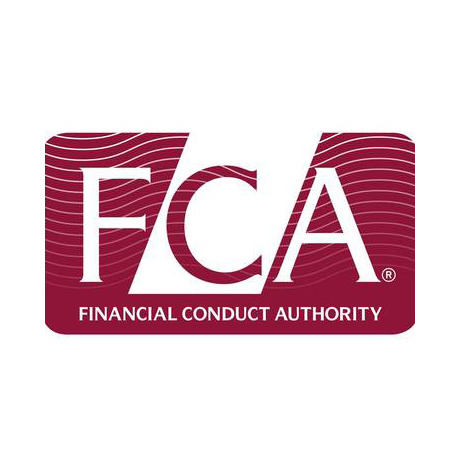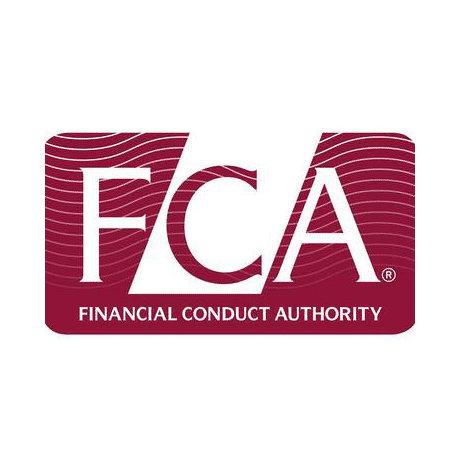
As the wounds of recent scandals across the financial industry remain fresh, some have questioned the UK’s Financial Conduct Authority (FCA) quick and decisive use of changes mandated by the British regulator.
The FCA is one of the recognizable regulators in Europe, if not the world, with myriad brokers vying for its authorization. Alternatively, the FCA has been active in dolling out a variety of warnings across both the Forex and binary options industries, most recently in regards to a Clone of AMT Markets a couple weeks ago.
In light of the number of global probes that convulsed the forex industry earlier this year on charges of forex rates manipulation, lawmakers have pressured regulators to make banks more accountable for their actions.
This trend was also justified with concerns following the financial crisis in 2007-2009, one of the main reasons for the genesis of the FCA itself. This has prompted the FCA to reiterate its stance that it would be far more intrusive than in the past.
FCA Personnel Weigh In
Graham Beale, Chairman of the Financial Conduct Authority's Practitioner Panel, referenced concern at the increasing use of attestations, whereby the regulator forces an individual at a supervised firm to implement FCA mandated changes.
However, despite opposition to this trend from outside firms, the FCA seems determined to embark on its mission of fostering greater accountability and stricter risk controls over the industry.
According to Clive Adamson, Director of Supervision at the FCA, in a recent letter to Beale on the use of attestations, “Attestations are an important supervisory tool. It is not our intention to create onerous or additional assurance processes within firms which go beyond what the firm sees as reasonable.”
If these words are any indication as to the future direction of the FCA, it appears as though attestations are a construct that are here to stay.


















